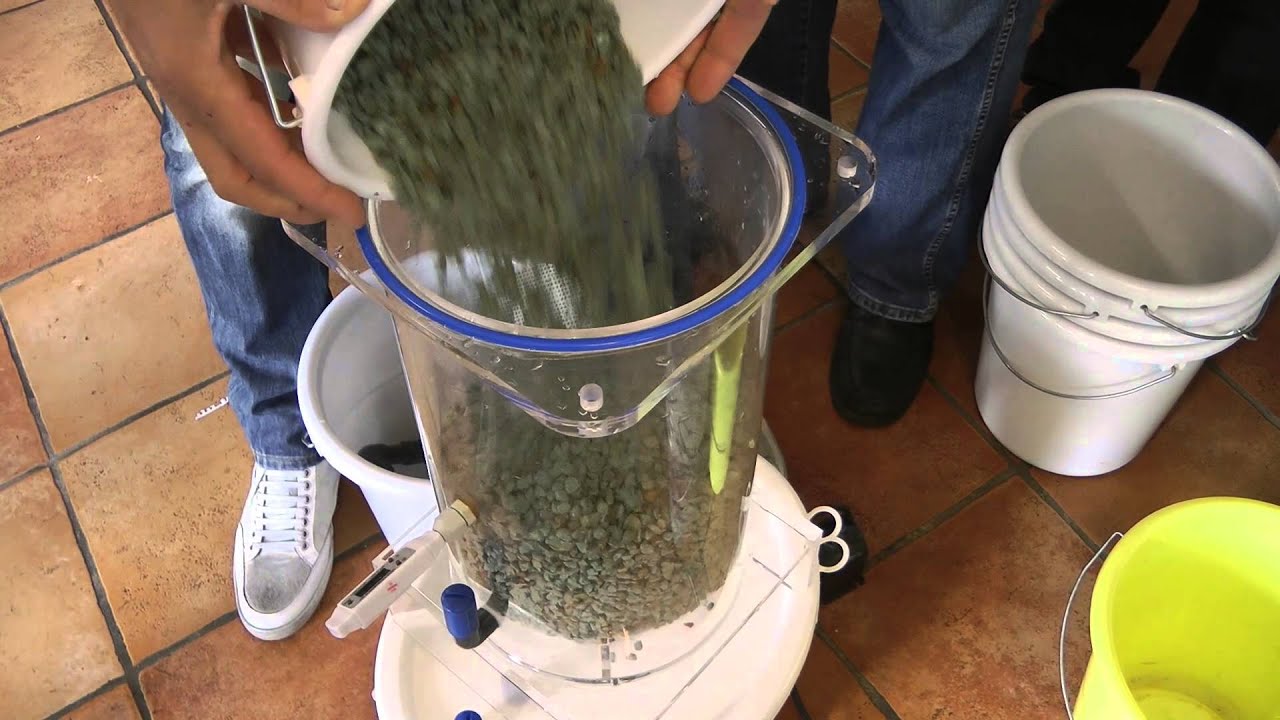Vinegar Making Workshop – Topics
 In the practical seminar you can learn how to make vinegar yourself. You will learn everything you need to know in order to learn the art of producing high-quality vinegar. Our vinegar course is visited both by hobby vinegar producers as well as persons from agriculture, commercial vinegar producers, winegrowers, beekeepers and from research. Some of the seminar participants used the knowledge they gained at the vinegar seminar to establish their own company.
In the practical seminar you can learn how to make vinegar yourself. You will learn everything you need to know in order to learn the art of producing high-quality vinegar. Our vinegar course is visited both by hobby vinegar producers as well as persons from agriculture, commercial vinegar producers, winegrowers, beekeepers and from research. Some of the seminar participants used the knowledge they gained at the vinegar seminar to establish their own company.
1st Day: THEORY
Friday 9:00 – 13:00
2nd Day: PRACTICE
Saturday 09:00 - 11:30 and ca. 13:00 - ca. 16:00,
in between collective lunch (optional)
- What is vinegar?
- Present-day and historical processes of vinegar production
-
Producing vinegar by yourself
-
Alcoholic fermentation: conventional mash, high-grade mash
-
Alcoholic fermentation: conventional mash, high-grade mash
-
Vinegar fermentation: equipment, implementation, vinegar culture, effective methods to avoid mold yeast film, vinegar eels, vinegar flies, off-taste and off-smell etc.
- Surface process
- Generator process
-
Determining the acetic acid content
-
Fermented vinegar
- Each participant is working independently with several devices the whole day
- Starting a surface process
- Cultivating your own mother of vinegar
-
Starting a generator process with vinegar making equipment
-
How to make apple cider vinegar
-
How to make wine vinegar
-
How to make balsamic vinegar
-
Herbs vinegar
-
Raspberry vinegar
-
Mead vinegar
-
How to make apple cider vinegar
- Analyzing the acetic acid content (titration, acidometer cylinder and blue caustic solution, hydrometer for vinegar)
- Analyzing the alcohol content in vinegar (semi-micro distillation & refractometer)
-
Adding alcohol during different fermentation stages: calculation and implementation
Seminar services
- Seminar documents: Script
- 1/2 liter of fermenting vinegar (mother of vinegar) for an optimum start for your fermentation at home
- 3 bottles of self-fermented vinegars of your choice, e.g. apple vinegar, must vinegar, orange vinegar, lemon vinegar, juniper vinegar, various beer vinegars, nut vinegar, sloe vinegar, raisin vinegar, various wine vinegars, herb vinegar, coffee vinegar, chokeberry vinegar, single malt vinegar (whisky vinegar), and so on
- Reagents and everything else that is necessary for the seminar
- Coffee, refreshments
Training goals
- You will understand the formation of vinegar and know the parameters for optimally influencing the fermentation.
- You will be able to make mashes from the different types of fruit and grain, both high-grade and conventional.
- You will be able to cultivate and multiply your own starter and keep it alive.
- You will be able to use several methods for starting the vinegar fermentation: starter liquid, mother of vinegar, active vinegars, frozen mother of vinegar, etc.
- You will be able to design simple equipment for both the surface process and the captive process.
- You will know which vinegar making process is the best one to use based on the fermentation mediu,.
- You will be able to analyze the acid content of the vinegar during and after completion of fermentation.
- Even in the presence of vinegar, you will be able to determine the alcohol content at any time during fermentation.
- By using the filling material method in the generator, you will be able to make fermented vinegars with additional flavoring ingredients (raspberries, coffee, Swiss pine, dried fruit, etc.)
- You will be able to calculate the required amounts of acid, alcohol, starter and water at any point during the fermentation.









